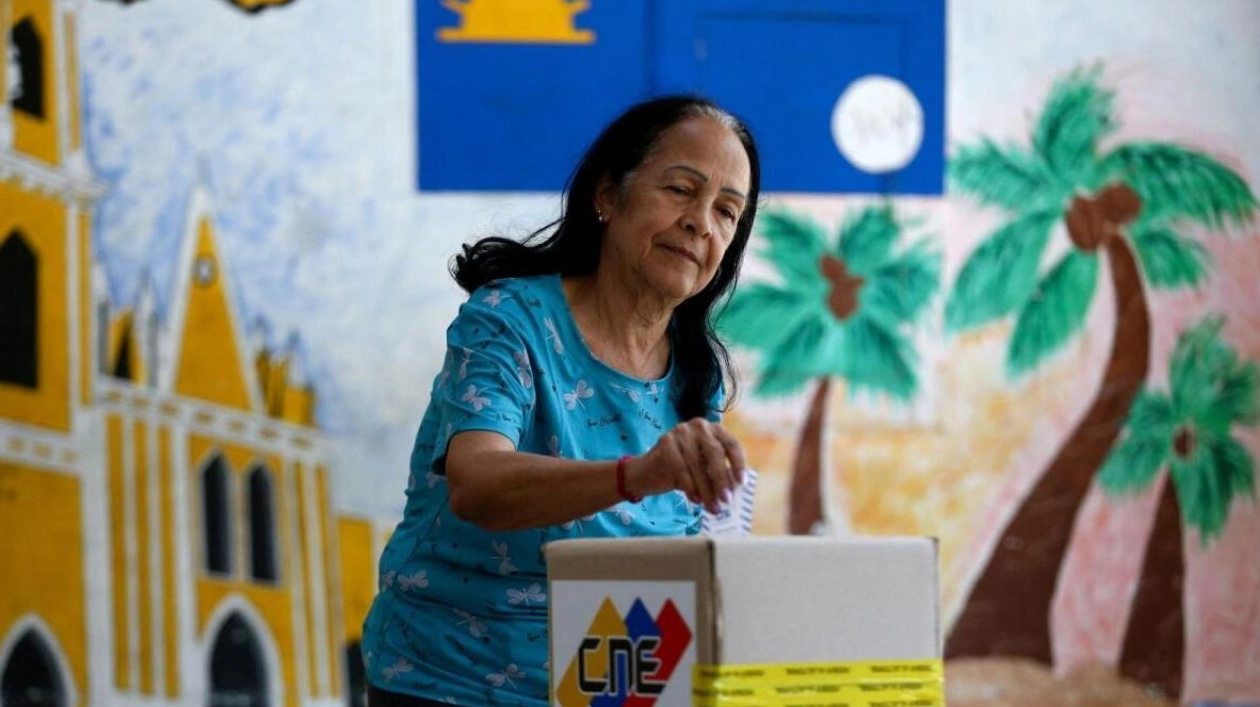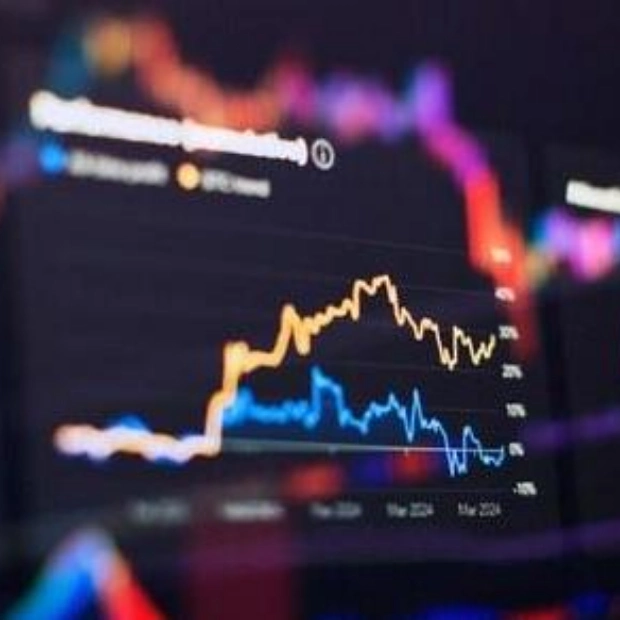On Sunday, Venezuelans lined up at polling stations to vote in what is considered the most significant election in 25 years of socialist party governance. President Nicolas Maduro expressed confidence in his victory, despite the opposition garnering fervent support and raising concerns about potential voting irregularities. Opposition leader Maria Corina Machado, barred from holding public office, handed over the campaign reins to Edmundo Gonzalez, a 74-year-old former diplomat known for his composed demeanor.
Gonzalez has gained support from some former ruling party backers, but both the opposition and observers have raised doubts about the fairness of the election, citing decisions by electoral authorities and the arrest of opposition staff as potential hindrances. Maduro, whose 2018 re-election was deemed fraudulent by the United States and others, claims Venezuela possesses the world's most transparent electoral system and has threatened a 'bloodbath' if he loses. Reuters reporters stationed in seven locations across the country observed long lines at polling stations, with some opening late or experiencing slow voting processes.
Many voters arrived at polling stations before dawn, with some expressing frustration over delays. Voting concludes at 6 pm local time, with results expected either Sunday night or in the coming days. Maduro's administration has overseen an economic collapse, significant population migration, and a severe deterioration in diplomatic relations, exacerbated by sanctions from the United States, the European Union, and others that have severely impacted the already struggling oil industry.
Maduro has pledged to ensure peace and economic growth, aiming to reduce Venezuela's reliance on oil revenue. The minimum wage stands at $3.50 per month, while the cost of basic food for a family of five is estimated at about $500. Many citizens rely on government food baskets or remittances from relatives abroad. Voters at the Venezuelan consulate in Tenerife, Spain, also cast their ballots, with some migrants reporting difficulties in registration and only a small fraction of the diaspora expected to vote.
Maduro voted early in Caracas and stated that the National Electoral Council's results would be recognized and defended by the armed forces and police. He announced plans for a national dialogue on Monday, typically involving discussions between the government, opposition, businesses, and communities. Many supporters view Maduro, who has been in power since Chavez's death in 2013, as a continuation of Chavez's legacy of aiding the poor.
Others acknowledge mixed results under Maduro's leadership but express support due to the challenges faced, including sanctions and blockades. Gonzalez and Machado, advocating for significant changes and potential migration reversals, have encouraged vigils at polling stations, expecting the military to uphold the vote's integrity. The military has consistently backed Maduro, with no public indications of dissent among its leaders.
Since Friday, 22 individuals have been arrested in relation to the electoral process, with at least 15 still detained, according to Gonzalo Himiob of Foro Penal. Venezuela's attorney-general has denied involvement in political persecution. Public spending has seen minimal growth during the campaign, differing from past elections with more generous spending. Maduro claims to have initiated 70 public works projects in recent months, though many have been renovations of existing infrastructure, as shown on state television.






